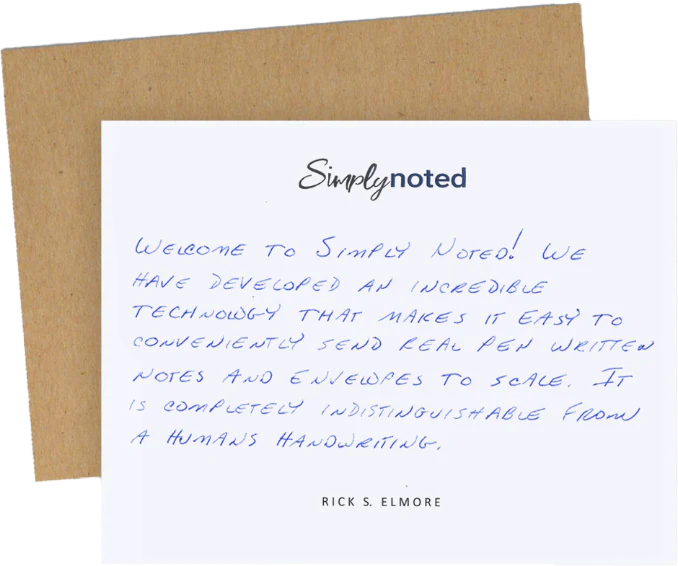5 Things to Remember When Asking for A Donation

If you’re new to fundraising, you’ll find that the task can be daunting. We know that asking for money is difficult in the best of circumstances, but it’s doubly painful when you’re raising funds for a cause. You don’t know how your prospect is going to react.
Are they sympathetic to your cause? Do they have reservations about your organization? Might you wind up talking someone into making a donation they can’t really afford? Many people find rejection difficult to stomach, and when you’re fundraising, you have to worry about the rejection of your request and a cause that might be central to your worldview.
Further complicating things is the fact that donations don’t offer instant gratification in return. When someone buys something, they get the item in exchange for their cash. When they donate to a cause, they get nothing immediate to show for their payment. The returns come later and slowly — and they usually occur for other people, not the person that donated.
As a result, even people who have no problem asking friends and family for a loan or repayment of their own loans can still have issues asking for a donation. But it doesn’t have to be so challenging. The tips below will help you ease into your requests, taking away some of the pressure so that you can ask for donations effectively and successfully.

START WITH NON-MONETARY REQUESTS
If you’re having difficulty bringing yourself to ask for cash, take the pressure off by starting with non-monetary requests. It can be emotionally and intellectually challenging to convince first-time donors to open up their checkbook, particularly for large amounts. People often find non-monetary donations more palatable because they feel like their time is free, while their bank account isn’t.
Asking for volunteers instead of cash helps ease donors into your organization. It gives them a chance to see the work you do up close, including the impacts it makes on your clientele. After spending some quality time coming to understand why your efforts are important, they’ll be more invested in your goals.
SEE ALSO: How to Ask For a Donation
COME PREPARED WITH EXAMPLES OF YOUR WORK
It’s one thing if your prospect has already demonstrated their commitment to your cause. These people are easier to speak with because the fear of rejection is removed. But even when you know they support your objectives, they might not be open to your organization's approach. And those without a proven track record of support will require even more convincing.
Make your job easier by having at the ready tangible examples of how your organization has translated its goals into meaningful change. Think of these examples as case studies. You’ll want to start with specific goals and discuss how your interventions made a difference. Avoid vagaries and talking points in favor of hard data. Show where your money went and how it accomplished what it did. And show precise figures that demonstrate marked improvement from where things started to where they finished.
SEE ALSO: Thank You Notes for Volunteers | Cards and Templates

DON’T MONOPOLIZE THE CONVERSATION
It’s not up to you to do all the talking. Your prospects likely have questions, concerns, and suggestions that they’d be willing to share if you give them the chance — a chance they won’t get if you recite your script or blow through your talking points without pausing for the other end of the conversation.
Creating a conversation is a much better strategy overall. Letting your prospect speak their mind puts them at ease and makes them a partner in the request instead of an unwilling participant, and it gets them thinking instead of listening passively. The donation request becomes less about asking for money and more about sharing your mission, vision, and goals with another person.
It’s fine to start with your opening thoughts, but open the floor up to your prospect at some point early in your conversation. Not only does this give them a voice, but it reduces the amount of time that you need to talk! A two-way conversation is easier for you, more engaging for your prospect, and is more likely to result in a successful donation.
SEE ALSO: 10 Volunteer Appreciation Ideas For Your Non-Profit
PRACTICE, PRACTICE, PRACTICE YOUR PITCH
Having a conversation is a much better strategy than a one-sided appeal, but eventually you will need to make your pitch. You also can’t rely on your prospect to carry the conversation. Eventually they will look to you to be convinced. Make sure you rehearse your pitch until you can give it in your sleep.
Ample practice accomplishes a few things. For one, you’ll be more at ease. You won’t be dreading the moment where you have to pull out the appeal. Instead, it will flow out of you naturally as an organic extension of the conversation. When you’re more relaxed, you appear more confident. Confidence will level up your arguments and make them more compelling for your prospect.
Finally, you’ll land more donations simply because you’ll be better at the ask. You can practice in front of a mirror or run your pitch in front of family and friends. Ask for feedback when possible and tweak your approach as needed. Becoming an expert with your pitch will bring you closer to being an expert fundraiser.
SEE ALSO: 7 Mistakes Nonprofits Make With Their Thank You Notes

BE FREE WITH YOUR GRATITUDE
Gratitude can be a powerful motivator. If you're pitching to someone that’s donated before, whether it was time or money, make sure to mention it and say “thanks.” Showing gratitude will start the conversation positively and shine the spotlight on your prospect, further ingratiating them to your cause.
If your prospect says “yes,” thank them immediately. And thank them again at the end of your call. Later, send them a handwritten thank-you note so that they have a tangible reminder of the good they did the day you spoke.
With Simply Noted, you can send automated, handwritten thank you cards quickly and easily. Link your CMS to our servers with convenient integrations, and you can set up workflows to automatically have thank you notes sent at the end of a successful call.
You could send an email, but they’re cold and sterile. A handwritten card is warm and inviting — the perfect way to end a successful donation call — and it opens the door to further donations in the future!























